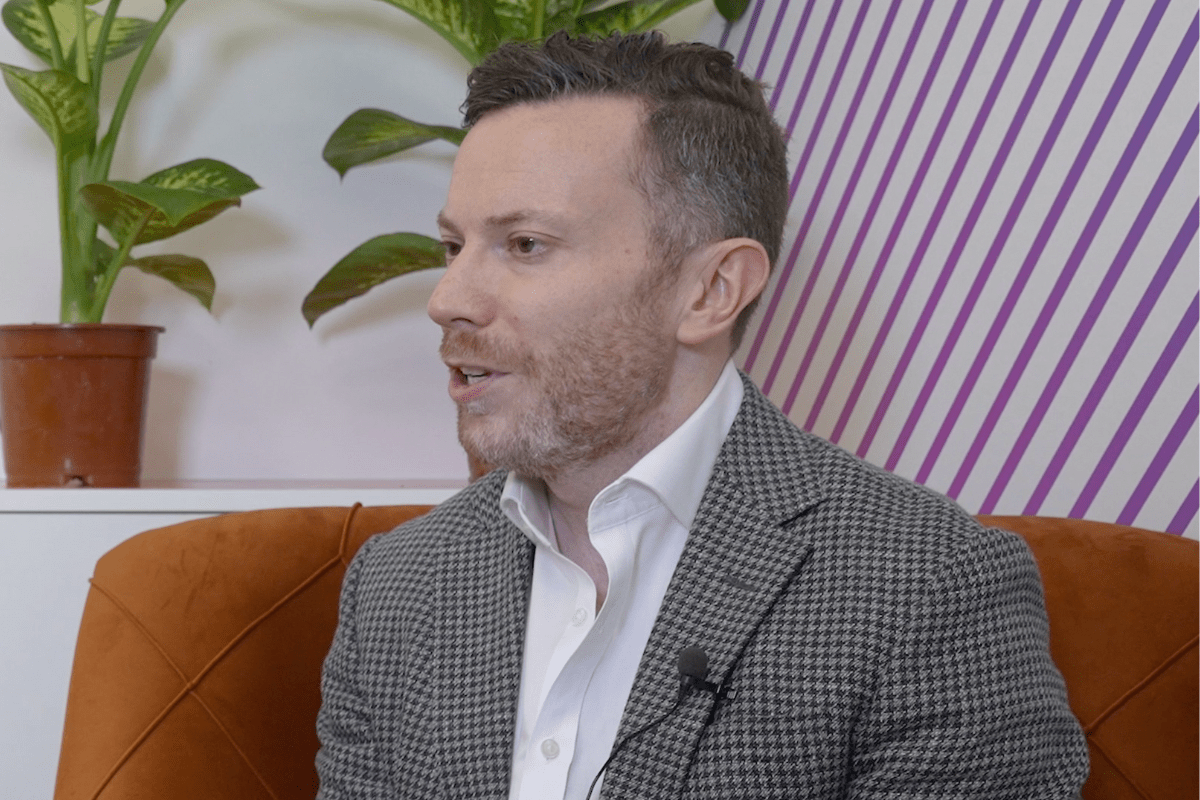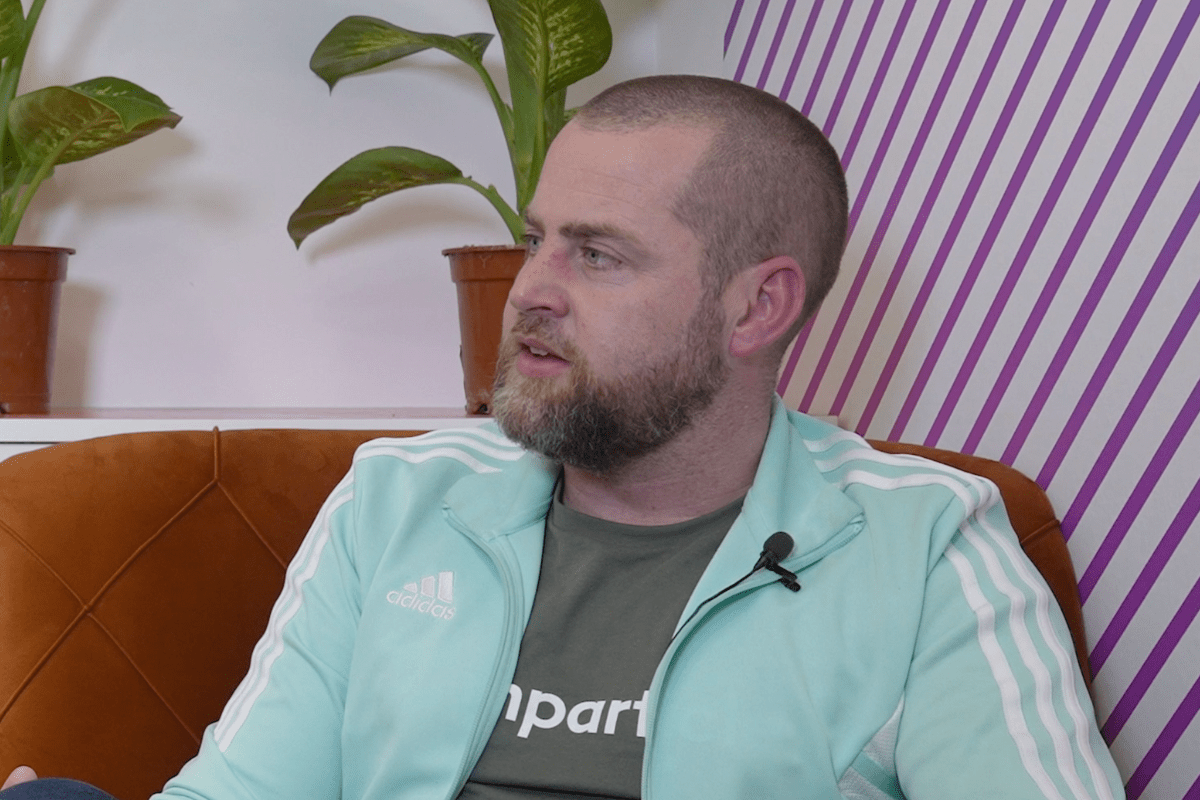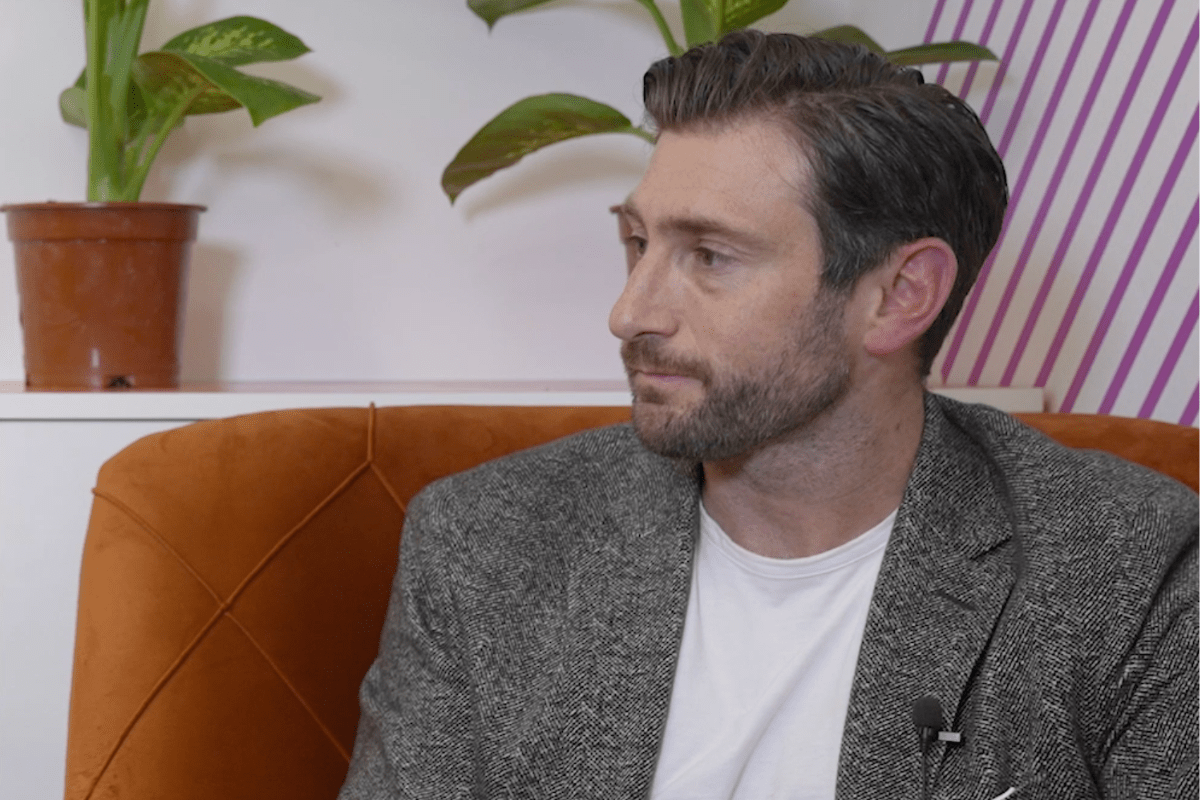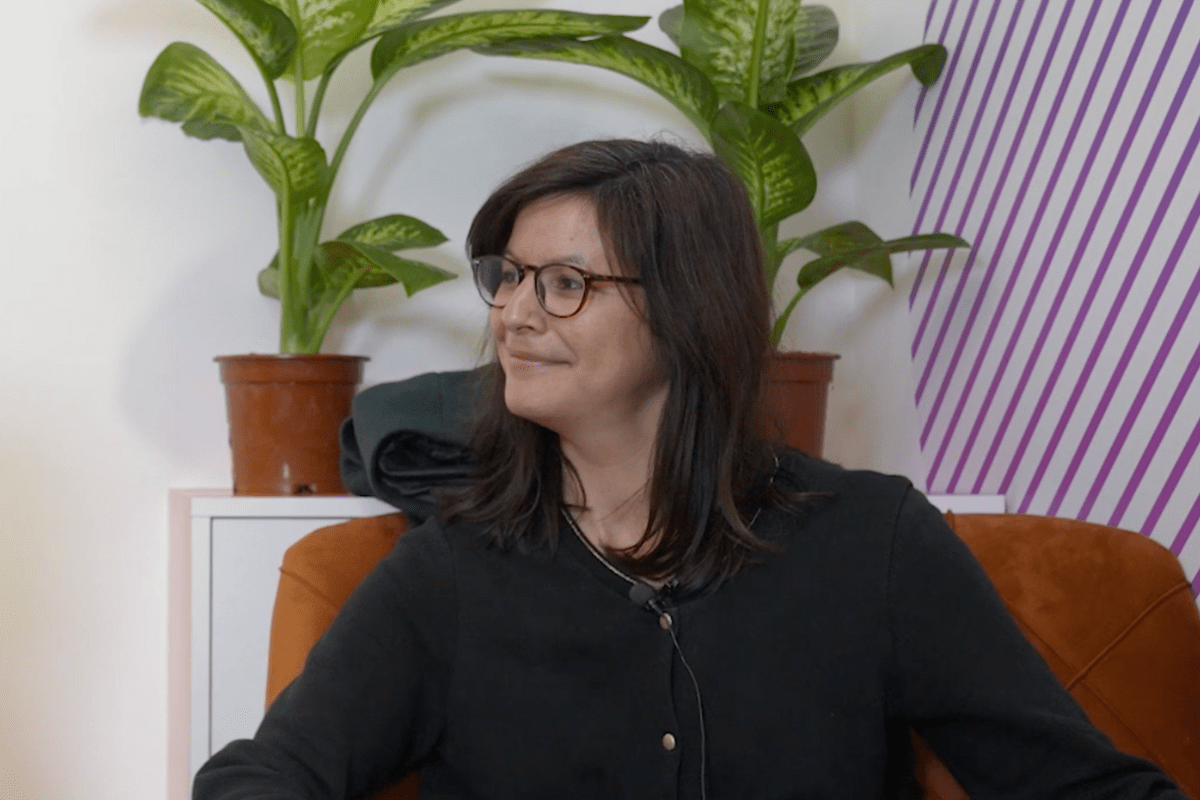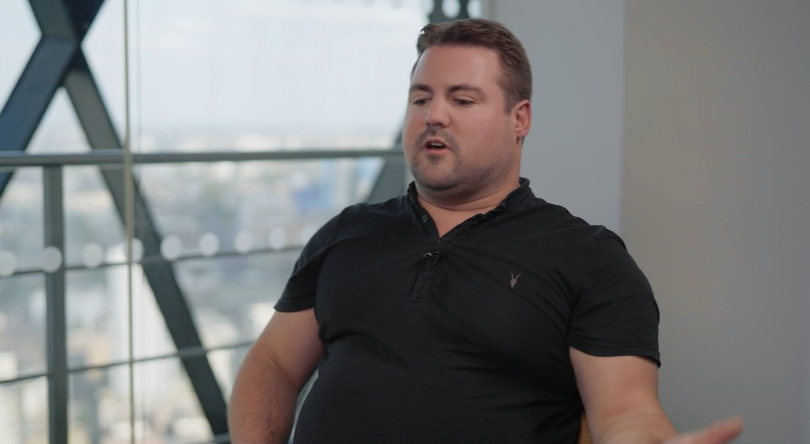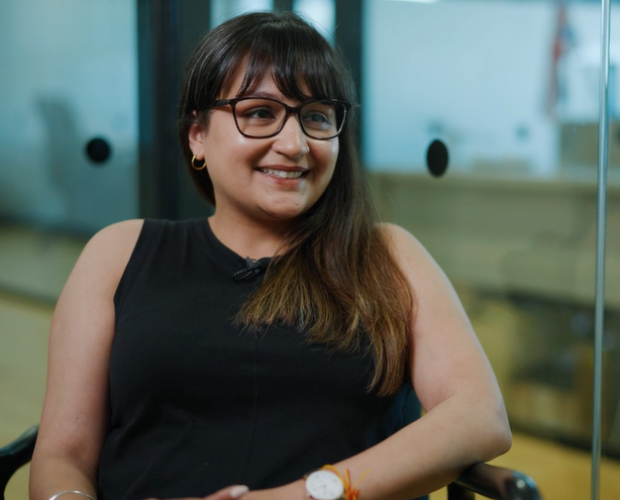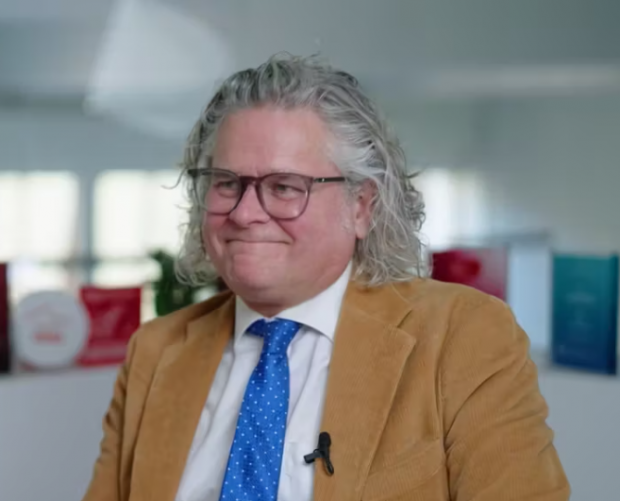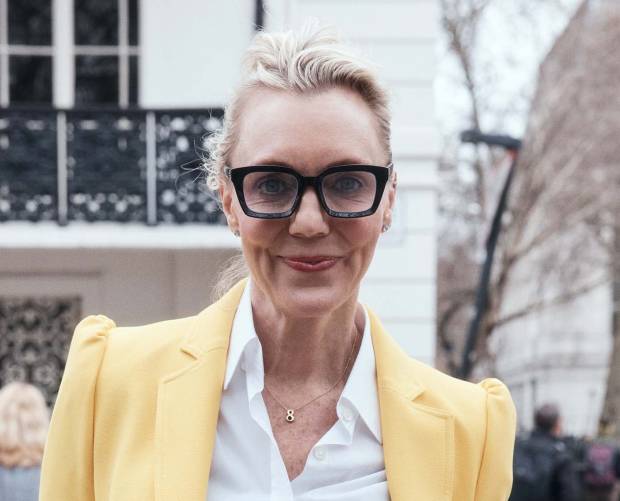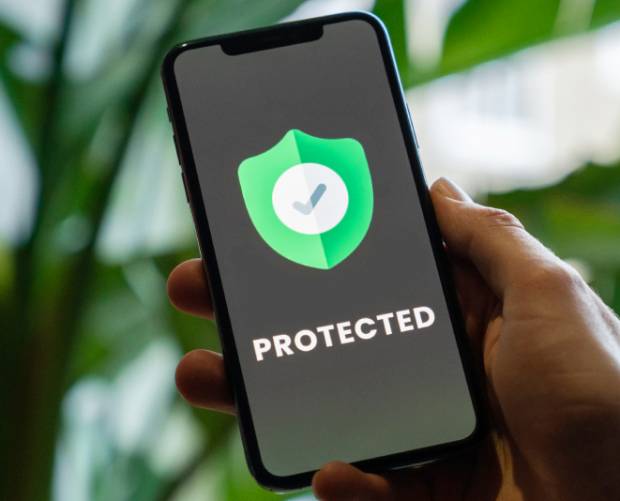Mobile Marketing discusses fitness during the pandemic with Ivy Wu, VP, Consumer Growth at wellness aggregator, ClassPass.
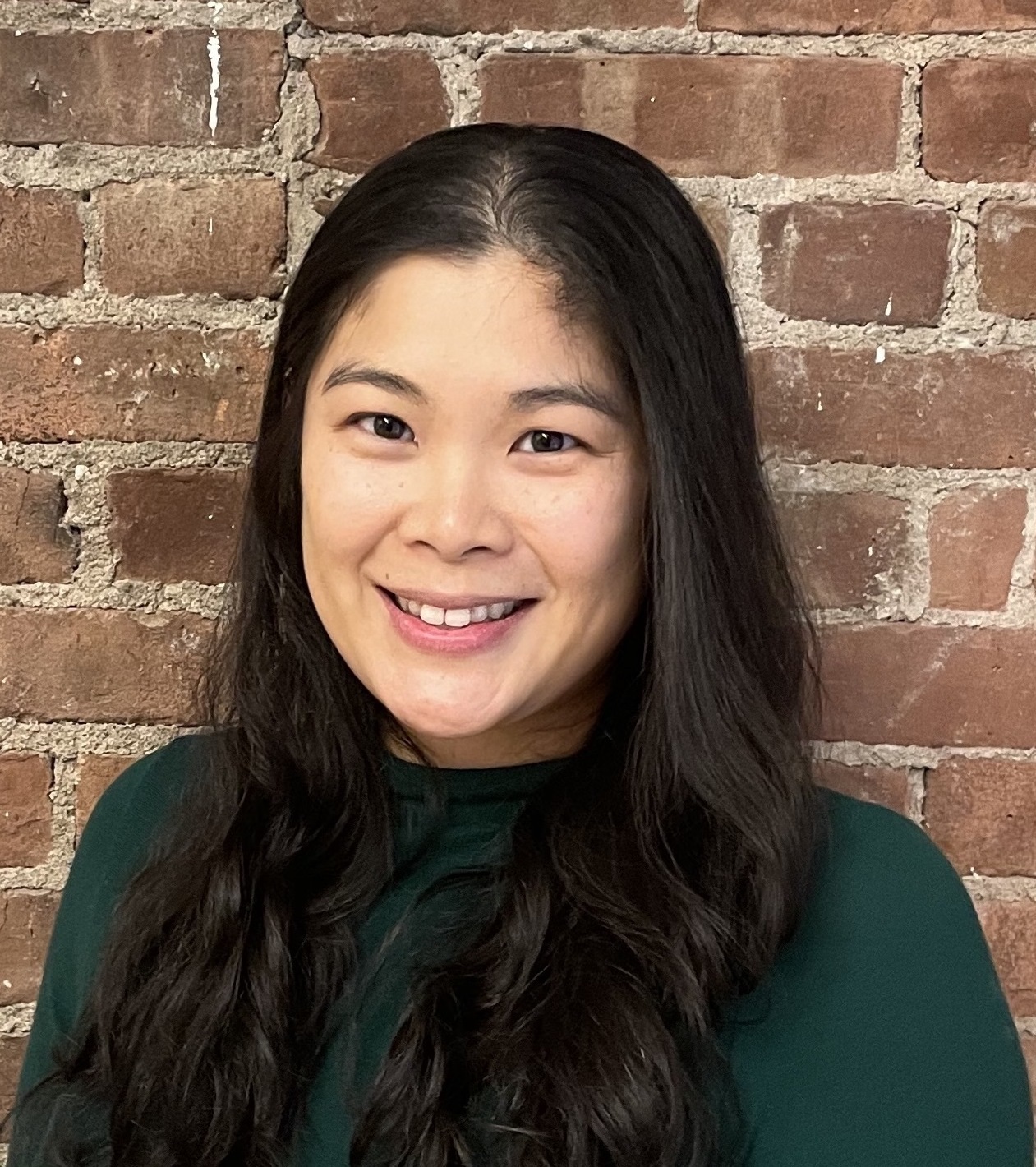 Mobile Marketing: So Ivy, tell us about ClassPass?
Mobile Marketing: So Ivy, tell us about ClassPass?
Ivy Wu: ClassPass brings together the world’s best workouts and wellness experiences into one app. We launched in 2013 and now partner with thousands of fitness studios, spas, and wellness centres across the UK and worldwide.
MM: What impact did the pandemic have on your business?
IW: The pandemic impacted most industries, but few were as hard hit as the wellness industry. In March 2020, almost overnight, 95 per cent of in-person fitness and wellness businesses around the world closed their physical locations without a clear understanding of when they would be able to reopen. Most of these businesses had historically only hosted in-person classes, and had no prior experience navigating digital offers.
As the leading wellness aggregator, ClassPass was uniquely positioned to help. As things began to shut down, it was clear that we needed to do something to keep our members active from home and, more importantly, to help our partner businesses weather shutdowns.
Within 10 days, ClassPass helped 5,000 studios to add livestream classes to our platform. Many of these studios had never before hosted virtual classes, and for most members, taking an at-home fitness class was a new concept. ClassPass launched a donation campaign to support these studios further, agreeing to match the first $1 million in donations, and waived all commission for five months, sending 100 per cent of revenue back to studios. We needed to quickly communicate with our members how we would help them stay active, and be clear about how they could use our platform to support their favourite studios.
MM: Tell us about the post-lockdown ‘Welcome Back’ campaign you launched?
IW: As a company that operates in 30 countries worldwide, each with vastly different schedules and policies around reopening, we have had to communicate on a highly local level. As pandemic restrictions have evolved, ClassPass has worked with Braze to localise campaigns and inform our members which fitness studios are open in their neighbourhood, how to book classes and studio health and safety precautions.
These campaigns have helped us to drive foot traffic to some of the businesses most hurt by pandemic closures, and get people back through the doors of fitness studios and spas. The good news is that once people return, they book at 10 per cent over their pre-COVID usage and by June 2021, nine of the top 10 ClassPass reservations were again for in-person classes and experiences.
MM: And did you also expand your wellness offerings during this time?
IW: Yes. Spa and wellness businesses were some of the hardest hit by COVID-19. Unlike many fitness providers that could pivot to online classes, or restaurants that could offer outdoor dining and takeout, many spa and beauty experiences could not offer appointments virtually and went through several months of closures. Wanting to help these businesses, while also recognising these were services that our health-conscious customers were already interested in booking, we expanded our offerings, adding activities and services like nail care, meditation, cryotherapy, and facials. These were services that we had starting piloting in 2018, but we expanded the number of businesses we work with in the UK and beyond.
By welcoming these businesses to our platform, using Braze campaigns and our in-app home cards to communicate about our beauty and spa offers in the area, we effectively unlocked new revenue and customers for these businesses. As a result, 35 per cent of our members have used ClassPass to book a wellness or beauty appointment in the last 90 days, and 80 per cent of those members have returned for a second wellness experience. For the first time ever, massage ranks in the top ten experiences getting booked on the ClassPass app, and we have scaled wellness to most of the 30 countries where ClassPass can be used.
MM: Are customers different now than they were before the pandemic?
IW: We have seen that members who have come back to the platform after lockdown are now using ClassPass more than they did before pre-pandemic, and thats true of new customers, too. We have also seen interest from some members who discovered activities at home, such as yoga or cycling, who are now eager to check out classes in the studio for the first time. So, while it’s fair to say that the pandemic has accelerated the traction of digital at-home fitness, we also see a strong appetite for IRL experiences.
MM: What were the results of the ‘Welcome Back’ campaign?
IW: We experienced a massive UK reservation surge during the reopening of studios. Our regional marketers were able to offer hyper-localised campaigns about new studio launches, re-openings and special events, such as a campaign in Manchester as that city reopened. Our marketing campaigns, along with a national excitement to get back to in-person experiences, led to a 600 per cent week-over-week increase in new members and a huge surge in reservations throughout the UK network. To put this into context, our studio partner Digme received 10x the number of reservations for in-person classes vs digital reservations in the weeks prior.
MM: What have been the key factors to consider in marketing campaigns?
IW: We have had to stay empathetic and keep in mind that while one member may be comfortable returning to class right away, others may go at a different pace. The goal of every campaign has been to present choices to our members. We use customer engagement tools to lean into personalisation across the right channel, such as showcasing nearby classes directly in the app to a member who is happy to return or using email to promote digital classes or 1:1 beauty experiences for more risk-averse members.
ClassPass has become a resource for people to keep a pulse on what is open in their neighbourhood. We’ve focused on building relationships with our customers, letting them know important updates like what safety and sanitation policies are in place at each individual venue. By building up these relationships, we can create better, and more meaningful experiences for our customers in both the short and long term.





